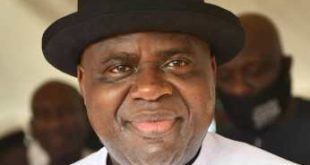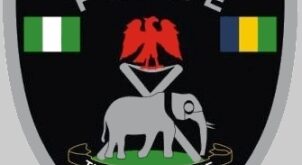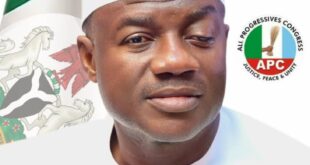In a bid to further promote fair taxation practices and participatory budgeting, two leading civil society organisations, Kebetkache Women Development & Resource Centre and Oxfam Nigeria, have deepened their intervention in the country, through a strategic partnership on the Financing for Development (F4D) Project initiative.
The F4D project, according to Kebetkache’s executive director, Ms. Emem Okon, seeks to “empower local communities, particularly women, to participate in decision making, contribute to nation building as active citizens and benefit from better living standards through increased availability of essential services.”
The project, she said, is implemented in Rivers, Cross Rivers, Delta and Enugu states, adding that “Kebetkache’s interventions seek to increase citizens’ voices demanding for fair taxation practices and participatory budgeting.”
In line with this, community-based organisations, civil society groups and other advocacy groups in Rivers State, working on the F4D project, met with Kebetkache and Oxfam representatives in Port Harcourt last Friday, September 20, 2019, for a one-day interactive session with the media.

Addressing the media, Ms Okon said the development initiative, sponsored by Oxfam Nigeria, focuses “on the issue of budget. The essence is to ensure that community members make input into the budget by conducting their need assessment list, compiling it, and through advocacy process, presenting their needs to relevant government ministries that have the responsibility of addressing their issues.
“We are in a democratic setting, participation is one of the key sign-posts of democracy, and one of the ways that people can participate in democracy is contributing to what goes into the budget because if community projects are not provided for in the budget, it will be difficult for communities to get government programs impacted on them.
“So, we help provide skills to community members; providing knowledge to community members, creating access to government document and also create access to government officials so that community members can collaborate with government with their prioritized need of the community to be included in the budget and, we aim at increasing citizens’ voices, demanding accountability and transparency as we work with market women on the issue of taxation.
“We try to create the relationship between these women and the local government revenue officials to reduce exploitation of the women,” she said.
Oxfam’s representative, Henry Ushie, said his organisation sees a relationship between development and the twin issues of tax and budget. He however expressed concern that “most times, government is reluctant in giving information as it relates to budget issues, and as it relates to tax issues as well.
“Approaching government agencies to get government’s annual budget is quite a tedious task. For example, the Rivers State government actually has its budget in public space, but sometimes it is very difficult to get this type of document.
“Most times, the public doesn’t even have the kind of information that will enable them engage properly and be able to be active in their space. Another challenge is that most times, the government sees us (civil society groups), who are actually helping them to do their work, like we are opposed to what they do, they see us like we are opposed to government goals and all.
“We ask government to open their space for us to come in. we need the government to as well ensure their data are in open space, publish the budget document, publish tax compliant document. Ensure that people have access to all this kind of information for proper engagement.
“Also, the government has to open the civic space within all strata to ensure that communities are also able to engage the stakeholders. So that communities also have this kind of linkages that enable them to lend their voices as well, because if the communities are not involved in their own governance, we will never get things right within that area,” Ushie said.
One of the NGOs that participated in the event tasked government to do needs assessment before allocating resources for projects in the state. Pius Dukor, who is the president of Pius Dukor Foundation, said government should work with other NGO so that monitoring and evaluation of government project can be done collectively.
Dukor said that budget monitoring should not be left for government officials alone, rather government should work hand in glove with credible organizations to promote transparency and accountability in budget implementation in the state.
Another participant, Pastor James Chuku, of the Advanced Civil Rights Initiative, said: “We have observed that most government projects are set in places in our communities without need assessments. For instance, in my place where a ten-room school project is going on right now, but the community CDC told me that they not aware of it, they only heard that government is trying to build a ten-room classroom.
“It is important that the people get involved in what the government is doing because democracy is all about transparency and accountability, the people need to know what the government is doing,” he said.
Mr Clifford Emi, director (PRS) at the Rivers State ministry of women affairs, noted that government is responsive to the needs of the people, stressing the need for citizens to access government through the various ministries, departments and agencies (MDAs) that represent their need areas.
 PH Mundial – Port Harcourt Online Newspaper News Across The Region
PH Mundial – Port Harcourt Online Newspaper News Across The Region




